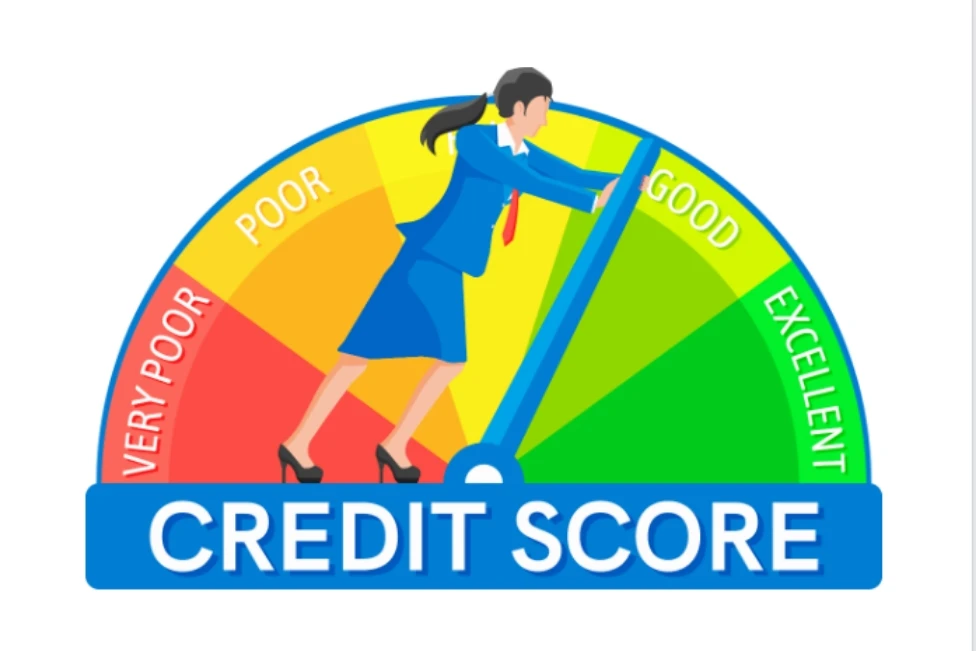Tips to Improving Credit Score
As a small business owner, it is important to understand that your credit score measures your ability to manage debt. This is especially important if you are in need of a business loan or any other form of financing. In the eyes of lending sources, the higher your score is, the more responsible you seem in regard to paying back debt, which ultimately helps to result in you receiving better terms (such as lower rates)and an easier approval process.
But if your credit score is on the lower side and you don’t know where to turn to fix it, don’t despair. Below are some tips that can help you to improve your score.
Maintain a Successful Payment History
Payment history is one of the main factors that affects credit score, as this shows whether you have paid your bills on time or not. Missing payments on any debt can negatively affect your score. So by establishing a history of making payments on time, this shows creditors and potential lenders your ability to manage your finances responsibly and can help establish a positive record with lenders. In order to prevent missed payments, one simple way to do so is by setting up account reminders or considering setting up automatic payments to cover at least the minimum amount owed. This way you ensure that payments will be made on time every month.
Limit Credit Utilization
Another factor that impacts your credit score is your credit utilization ratio (which is the amount you owe on your accounts compared to your total available credit limit). It is recommended to aim for a utilization ratio of 30 percent or less (and the lower the better). Ways to keep your credit utilization low include paying your credit card balances in full each month, paying down the balance before the billing cycle ends or paying several times throughout the month.
Another way is by contacting your financial institution to request an increase to your credit limit or by opening a new credit card or line of credit (but the key here is not increasing the amount you owe). By increasing your credit limits (without increasing your balances owed), your credit utilization ratio should decrease.
Monitor Your Credit Report / Dispute Errors
It is also important to monitor your credit report regularly in order to check for errors or fraudulent activity. Your score could increase if you are able to dispute them and have them removed. Free credit reports are available from Experian, Equifax and TransUnion, among others. If you have late payments listed on your report, it is important to make those payments and get those debts paid off as soon as possible. If your report shows an old account that has been paid off, request to have that listing be marked as paid, or ideally, removed all together, which could have a greater impact on your score.
If you find an error on your report that needs to be disputed (such as identity errors, incorrect reporting of account statuses, data management errors, or balance errors), gather any supporting documents and information that can assist your dispute (such as credit card statements, bank statements, emails, or letters). After you gather the appropriate supporting documentation, you can file the dispute with your credit bureau either online, by mailing them a letter explaining the situation and including the related documents or contacting them over the phone.
Other ways to potentially improve your credit score include adding to your credit mix (for example, if you only have credit cards, you could consider taking out a loan), get credit for making rent and utility payments (note that certain credit bureaus do not include this in their reports), use a secured credit card, or pay off accounts that are in collections. Keep in mind that it can take several weeks or possibly months to see a noticeable impact on your score when you first start taking steps to turn it around. But following these steps can help improve your credit score and set up your small business for future success.



